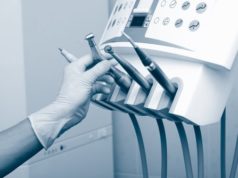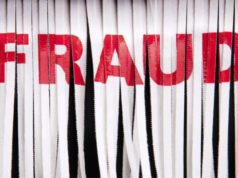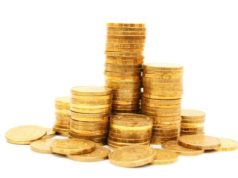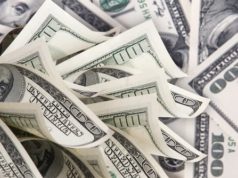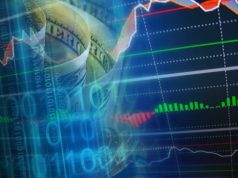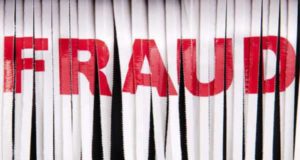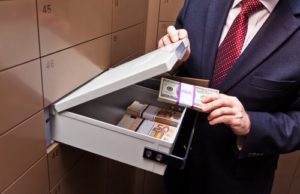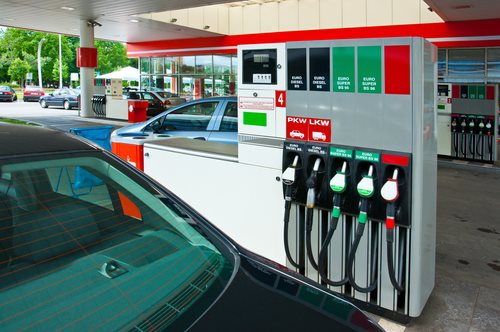
On November 15, 2012, Attorney General Eric T Schneiderman announced an investigation into 13 gas stations that are suspected of violating the New York State Price Gouging statute. The investigation began as the Attorney General’s Office received hundreds of consumer complaints about price gouging in the wake of Hurricane Sandy.
General Business Law § 396-r strictly prohibits merchants from overcharging consumers for goods or services during an “abnormal disruption of the market.” The New York State’s price gouging law applies to all vendors, retailers, and suppliers. Common businesses subject to the law include supermarkets, hardware stores, gas stations, taxi services, delis, and more.
The 13 gas stations involved in the investigation include the following:
Nassau County
· Shell Gas Station on 408 Rockaway Turnpike in Cedarhurst for charging $5.00+
Suffolk County
· Babylon Gas Station/Express Mart on 1000 Route 109 in Lindenhurst for charging $4.99
· USA Petroleum in East Islip for charging $5.50+
· USA Petroleum on 2664 Route 112 in Medford for charging $5.50+
Westchester County
· Shell Gas Station on 3709 Crompond Road in Cortlandt Manor for charging $5.00
· Mobil Gas Station on Hutchinson River Parkway in White Plains for charging $5.03
· Mobil Gas Station on 174 Westchester Avenue in White Plains for charging $5.05
Brooklyn
· Sonomax on 278 Greenpoint Ave for charging $4.74
Queens
· Mobil Gas Station on 40-40 Crescent St in Long Island City for charging $4.89
· Shell Gas Station on 71-08 Northern Blvd in Jackson Heights for charging $5.50
· Delta on 1309 14th Ave in College Point for charging $5.00
Bronx
· Getty on 600 Pelham Parkway for charging $5.39
· Mobil Gas Station on 688 E. Gun Hill Road for charging $4.89
New York’s price gouging law specifically restricts price gouging in the event of a natural disaster. A disruption in the market is specifically defined as “weather events, power failures, strikes, civil disorder, war, military action, national or local emergency, or other causes.” Consumer goods are defined as “those used, bought or rendered primarily for personal, family or household purposes.” Thus, gasoline or alternative fuels are protected by the statute because these fuels add to the safety of the public during a natural disaster such as Hurricane Sandy.
What is considered excessive? Authorities will review prices for fuel before and after the wake of Hurricane Sandy. Price gouging can occur before a natural disaster occurs if there is warning of impending circumstances, and the gouging can also occur if there is a need for shared sacrifice during or after the disaster and the prices remain high.
Attorney General Schneiderman provided the Mobil Gas Station on 40-40 Crescent Street as an example of how price gouging occurs. The consumer complained that the price posted along the road was $3.89, and the line for gas was three blocks long. When consumers finally reached the pump, the cash price was $4.89 and the credit card price was $4.99.
Attorney General Schneiderman stated, “These thirteen retailers stand out from others in the high prices they have charged and in the size of their price increases.”
Source: New York State Office of the Attorney General


